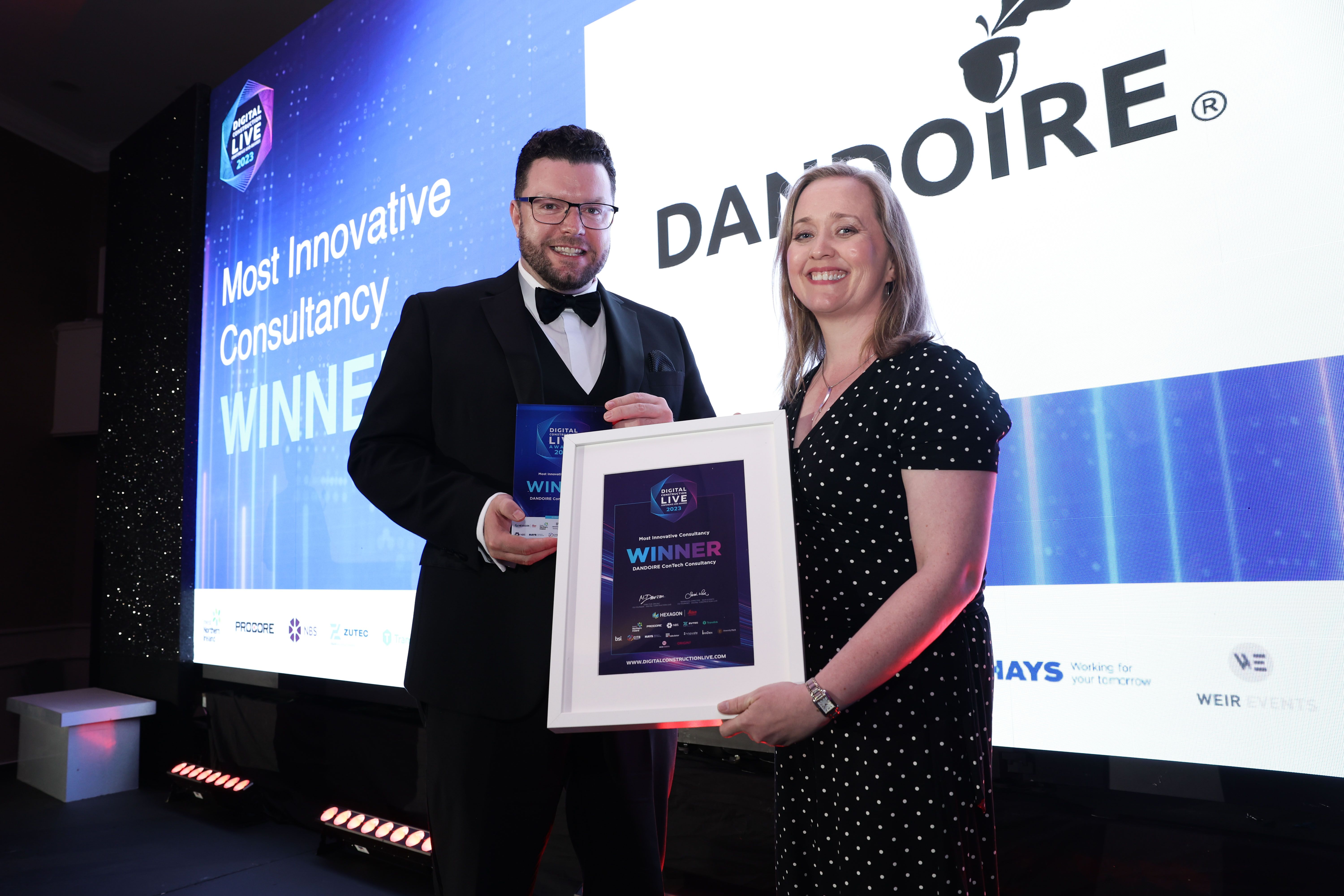In our regular series We Make Denmark Work, meet the internationals making an impact on Danish business.
Dan Gallen’s search for meaningful work had taken him to multiple cities around the UK and Ireland before he chose to relocate to Denmark to be closer to his daughter. The move paid off in more ways than one when he discovered the Danish work-life balance.
Could you briefly describe your work history?
“I first started working in Ireland, in the construction industry. However, as a young person trying to find myself, I embarked on various paths, which led me to different cities such as London, Belfast, and Copenhagen. During this period, I frequently changed jobs in search of the right one.
Eventually, I settled in Copenhagen to be closer to my daughter and joined a Danish company where I worked for seven years gaining valuable experience.”
What is your current role and what does it entail?
“Two years ago, I founded my own company called Dandoire, which is based in Copenhagen. Currently, I hold the position of founder and CEO. Our primary objective is to support the growth of small startups.
We provide comprehensive assistance by equipping them with the necessary information, aiding them in sales processes, and facilitating business development. Our services specifically cater to construction technology startups that often lack a clear roadmap to success and struggle with acquiring new clients. We assist them in refining their business strategies and strengthening their overall narrative to enhance their chances of success.”
What drew you to the idea of helping startups?
“I like fighting for the underdog, which is why I find immense satisfaction in assisting small startups. Making a positive impact and helping others has always been a driven force for me. By contributing in my own modest way, I can create multiple impacts that not only drive progress in the construction industry but also guide individuals who may be unfamiliar with digital tools. As the second-least digitized industry globally, the construction sector presents significant potential for improvement, and there is still much work to be done. Through Dandoire, we aim to support CEOs and startups worldwide.”
How do you find working in Denmark as an international?
“My journey was a bit rough in the start; I struggled to find employment due to the language barrier. However, things gradually improved over time. Working for Danish companies proved to be a positive experience, I enjoyed the work-life balance that is part of the Danish culture.
The path of entrepreneurship and establishing my own business turned out to be less scary than I had anticipated. I discovered that there are numerous resources and support networks available in this community, willing to assist and guide entrepreneurs in creating new opportunities.”
What challenges did you face as an international in Denmark?
“The language barrier was my main challenge. A lot of jobs weren’t available to people who didn’t speak Danish, so I struggled a lot in the start. “
Has your international background given you an advantage over your Danish colleagues?
“Absolutely, my international background has provided me with a significant advantage when working with startups. Each country has its unique business mentality and practices, and understanding those nuances is crucial for successful sales and collaborations.
With my first-hand experience in different cultural contexts, I am able to tailor my approach and better comprehend how business is conducted in specific countries. For instance, I have observed that trust is very significant in Denmark, whereas it may vary in other countries.”
You just won an award for the most innovative consultancy of the year at Digital Construction Live. Can you tell us more about that?
“I was absolutely thrilled to win the award, especially considering that six other significantly larger companies were in play. It was unexpected. Additionally, being invited to speak in front of the panel was a fantastic opportunity. This award not only raises the profile of Dandoire but also provides a platform to promote and support other small companies within our network. It opens doors for us to create more opportunities and further our mission of assisting startups in their growth journeys.”
Three things that have surprised you the most about your working life in Denmark.
“One of the first things I noticed in Danish companies was the social concept between coworkers, for example eating lunch together. This was surprising to me, as it showed a greater sense of connection and collaboration among colleagues.
I was also pleasantly surprised by the flat hierarchy that exists in Danish workplaces. The concepts of equality and the belief that everyone has something valuable to contribute were evident, regardless of one’s position or title.
And lastly, trust played a significant role in Danish companies. Denmark, as a country, is known for its high levels of trust, and this trust is reflected within companies as well.”
Which three pieces of advice would you give to somebody contemplating a career in Denmark?
I know exactly what I would say because I just gave the same advice to my brother. Moving to Denmark, especially Copenhagen, can be quite expensive, so it is crucial to ensure you have enough savings.
Additionally, finding accommodation in the city can be challenging, so I would advise to start searching for a place to live upon your arrival. But in my opinion, one of the most important aspects is to try to learn the language as much as possible; investing effort in learning Danish will greatly impact your chances of finding employment.”














